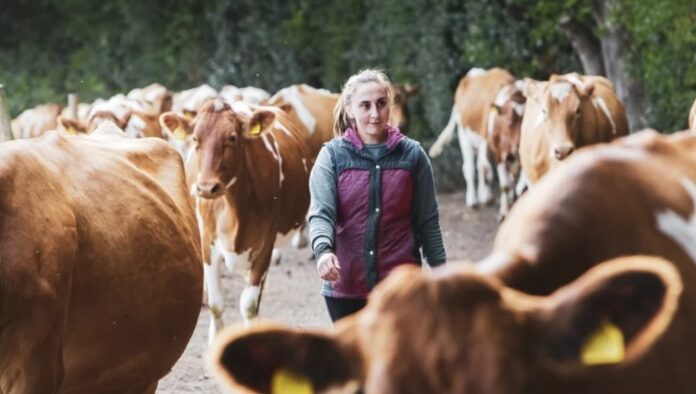
THE Minister of State for Skills and Further Education and Limerick County Fianna Fáil TD, Niall Collins, has welcomed a range of measures to support women’s participation in farming as part of the new CAP Strategic Plan.
The package of measures includes: an increased rate of grant aid of 60 per cent for women aged 41-55 years under Targeted Agriculture Modernisation Schemes (TAMS); women-only Knowledge Transfer (KT) Groups; and a call under the European Innovation Partnerships (EIP) initiative for proposals to examine women’s participation in agriculture.
Gender equality is a cross-cutting objective of the new Common Agriculture Policy (CAP) 2023-2027, a key objective of the United Nations’ Sustainable Development Goals and a priority for the Government.
Minister Collins commented, “The role of women in agriculture is important and I am glad to see a number of measures which will increase their participation in farming. It is vital that gender mainstreaming is integrated into policymaking both through specific CAP interventions, such as the 60 per cent grant rate for qualified female farmers under TAMS, and also through all agriculture schemes.
“I would like to thank my colleague Minister for Agriculture, Charlie McConalogue, for all his hard work on CAP 2023 – 2027 and for recognising the contribution of female farmers under the forthcoming CAP.”
The new CAP Regulations place particular focus on promoting the participation of women in the socio-economic development of rural areas, with special attention to farming. The SWOT analysis in preparation for Ireland’s CAP Strategic Plan identified gender inequality as a weakness, while the economic benefits of increasing female participation was identified as an opportunity.
The CSO Labour Force Survey 2019 showed that 13% of workers in the primary agriculture, forestry and fishing sector were female. For 2020, the figure was 15%, the highest since 2010. The CSO’s 2016 Farm Structure Survey recorded 71,700 women working on farms, of which less than one quarter (16,100) were farm holders.


